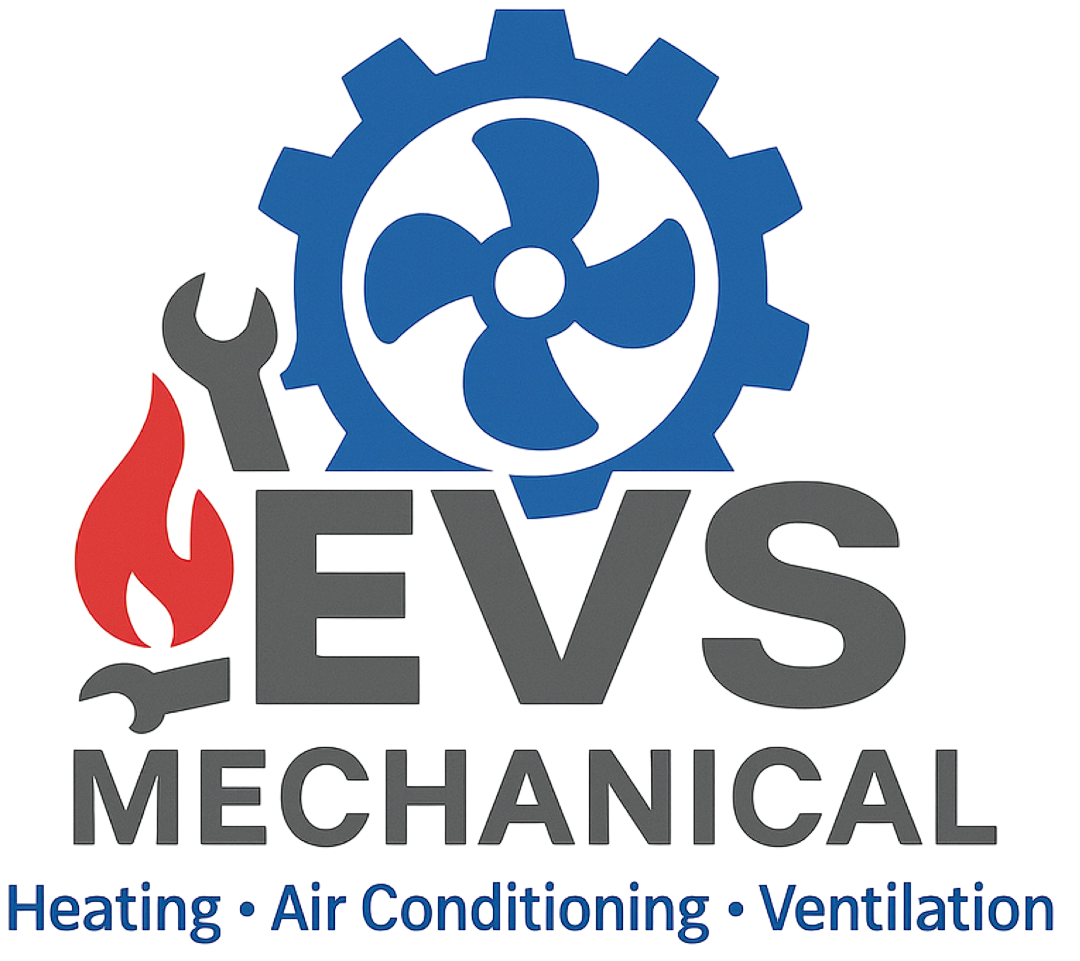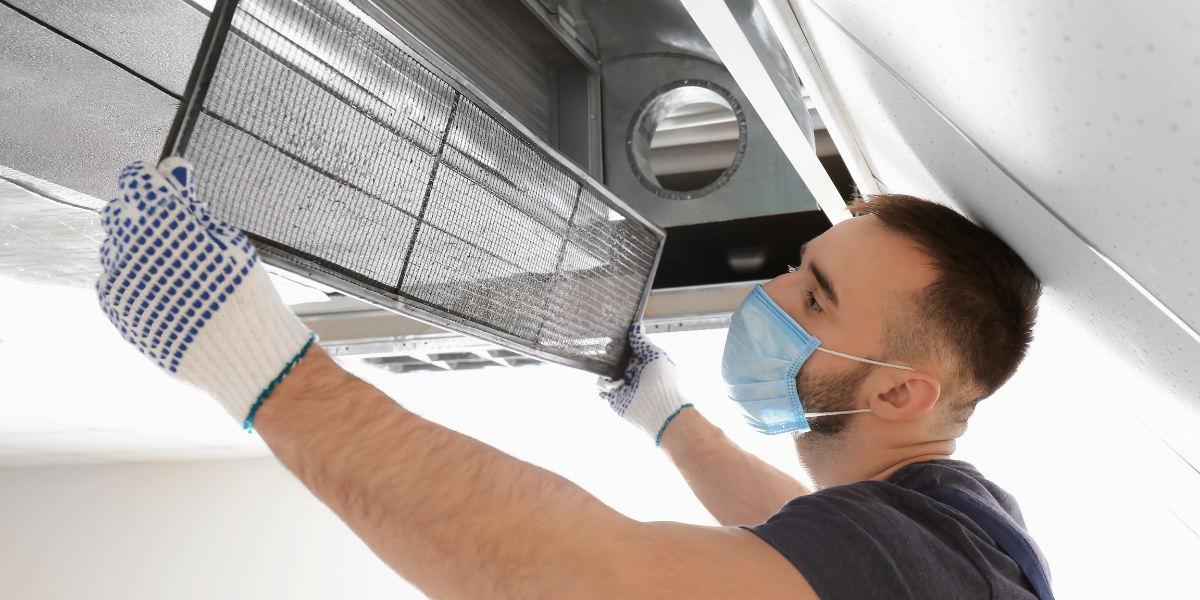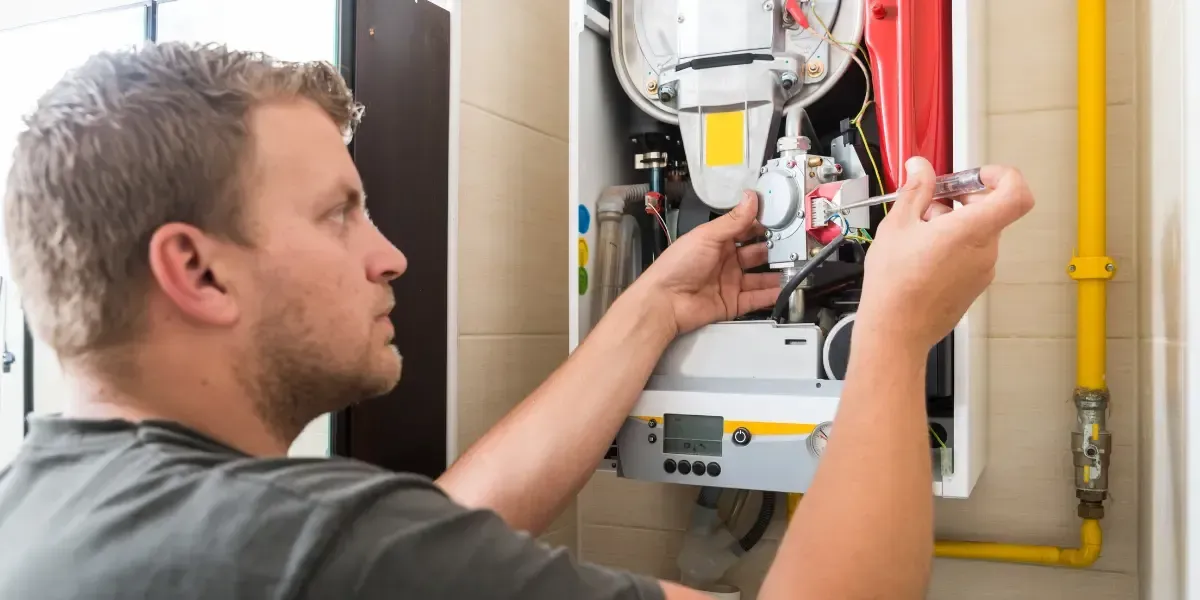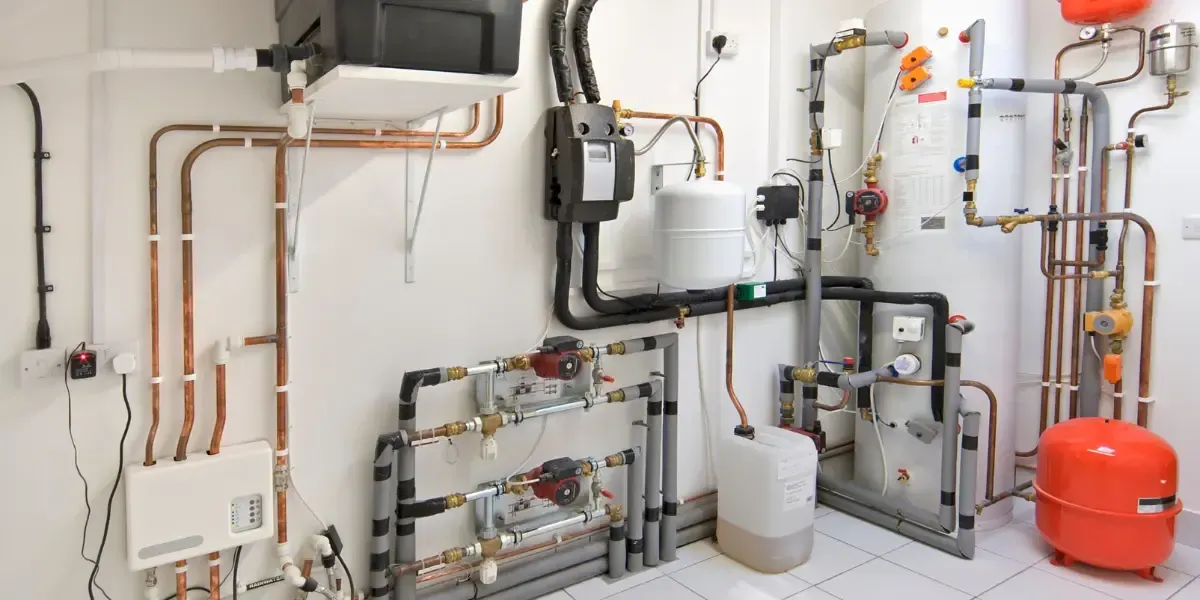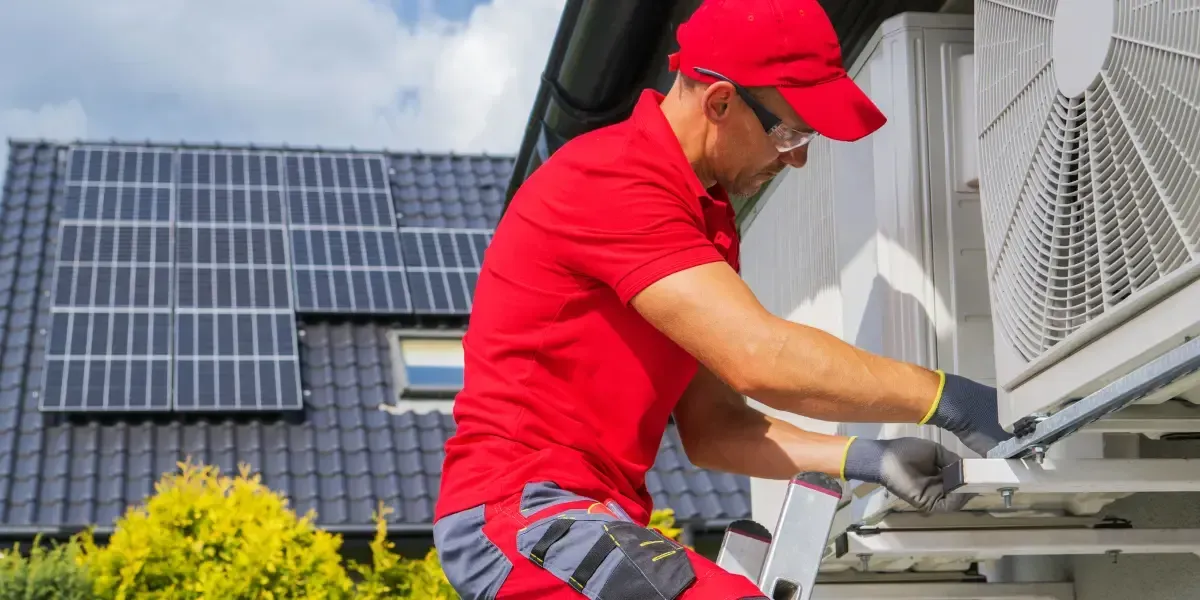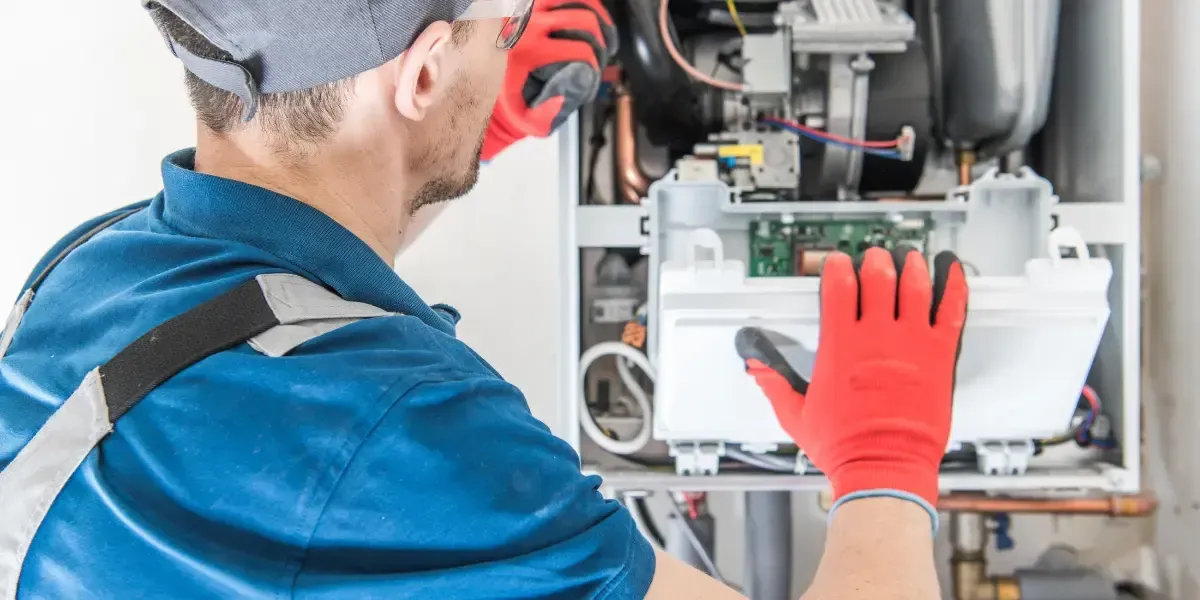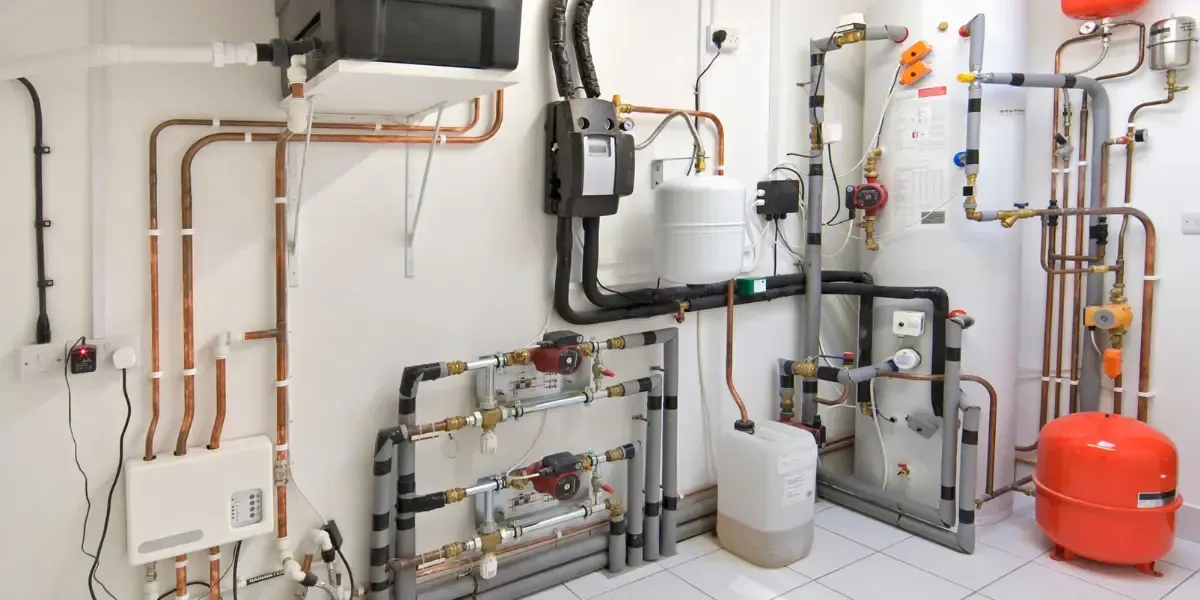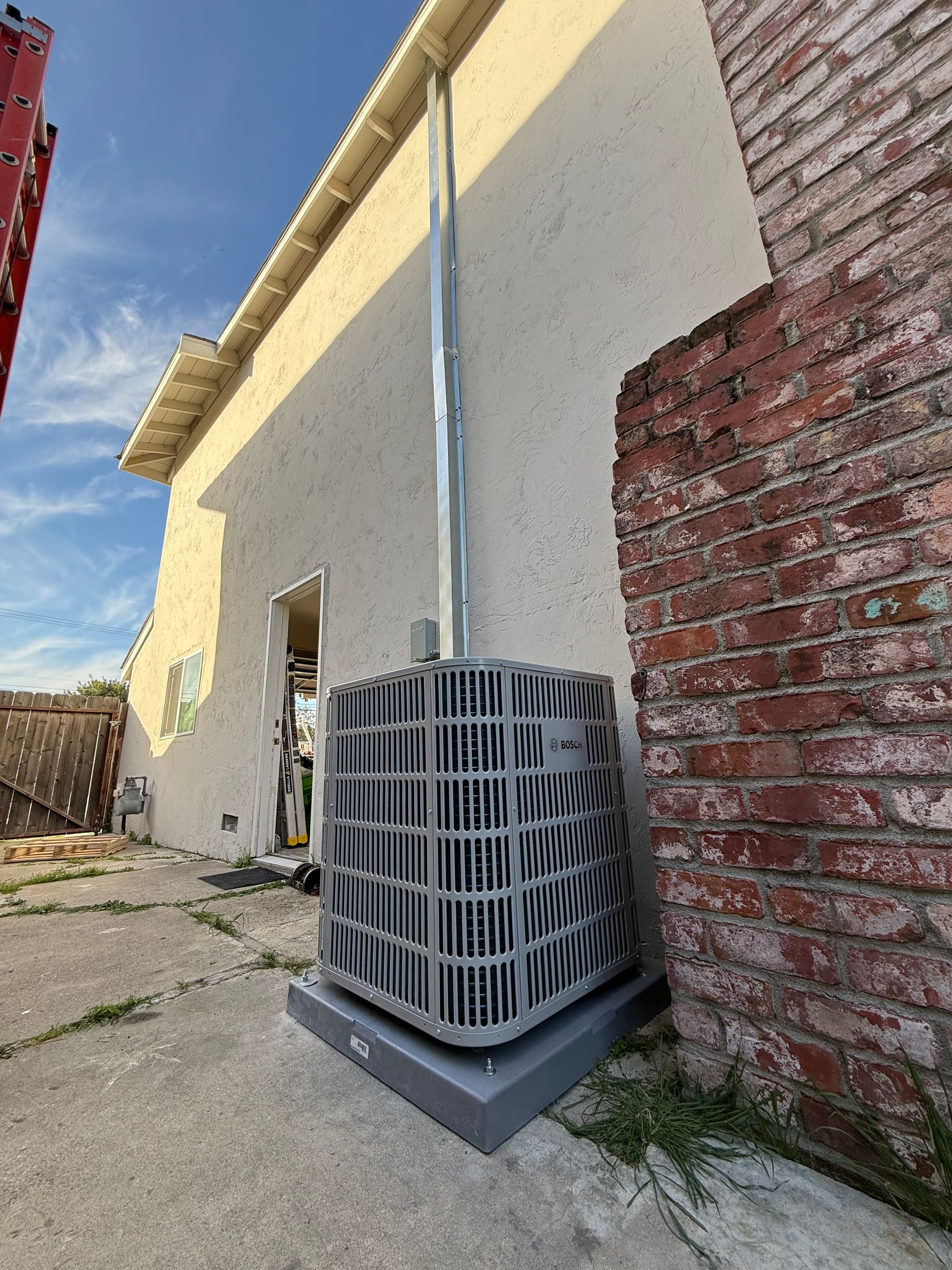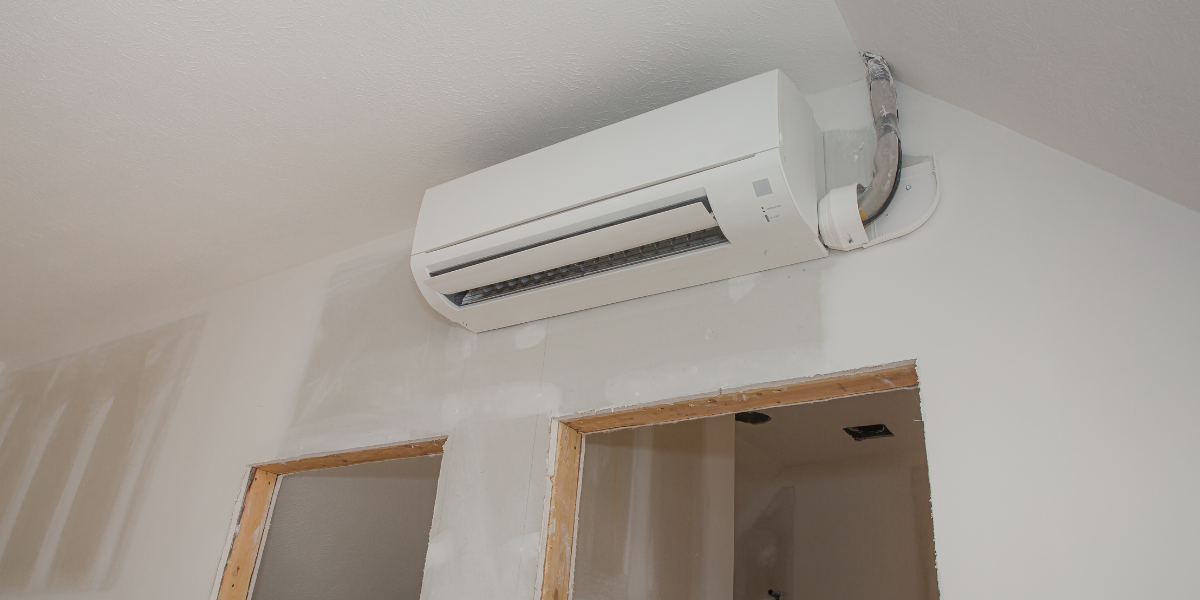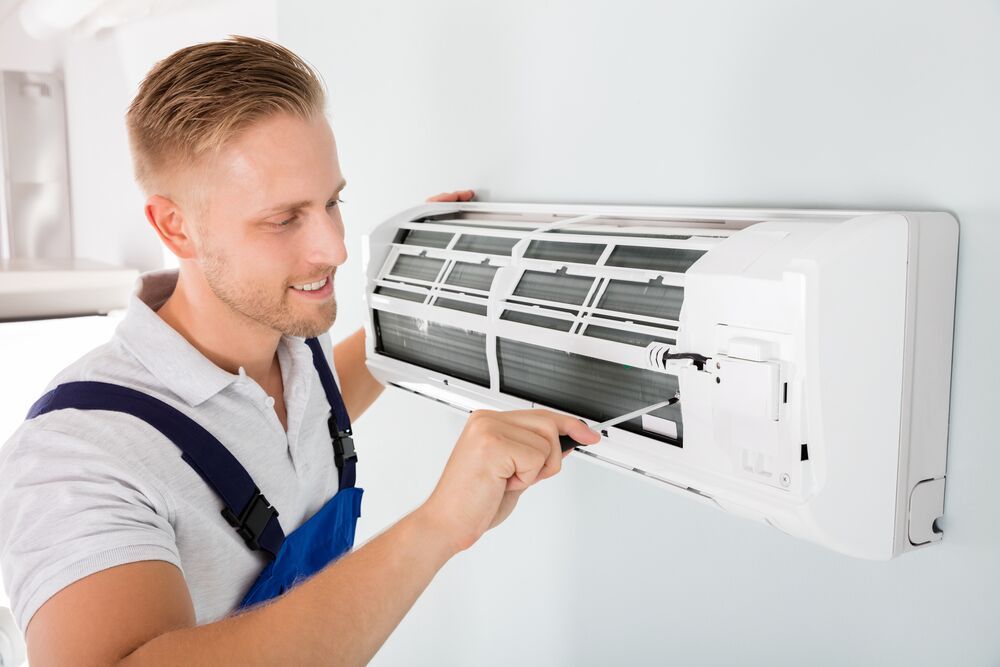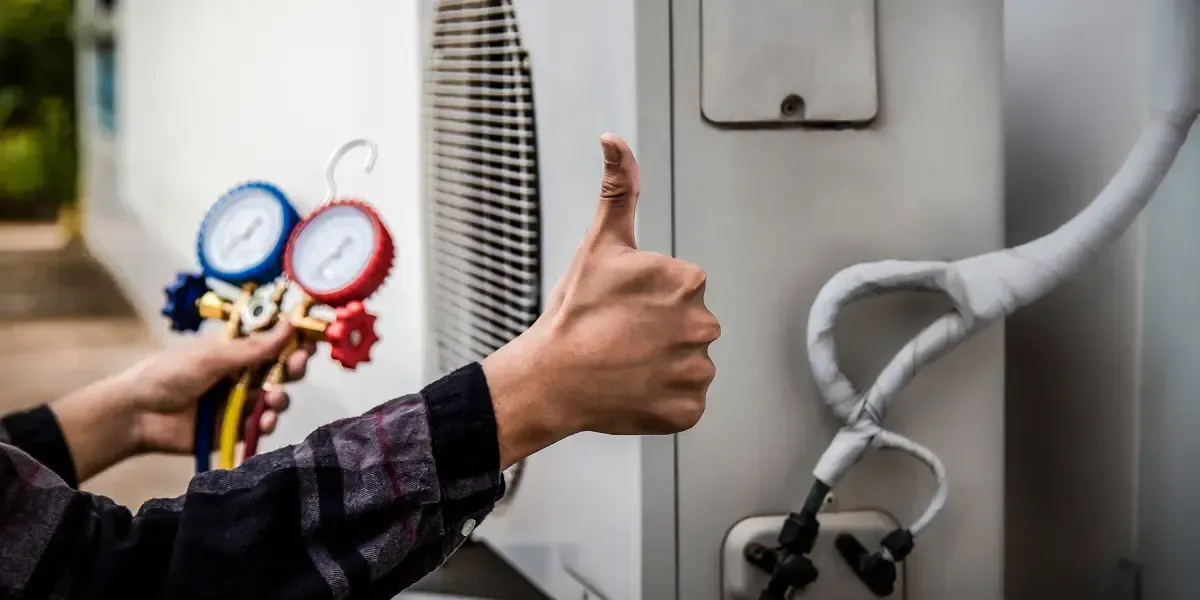BLOG
How To Properly Clean Air Conditioners in Spring?
Spring is finally here — the flowers are blooming, the weather is warming up, and your air conditioner is about to become your best friend again. But before you crank it up for the season, it’s essential to give it a little TLC. Knowing how to properly clean air conditioners in the spring isn’t just about comfort — it’s about efficiency, air quality, and avoiding costly repairs down the road.
At EVS Mechanical Inc., we help homeowners and business owners across
Santa Cruz, CA,
and surrounding areas stay cool and comfortable year-round. Whether you're DIY-ing or looking for a trusted HVAC partner, this guide walks you through spring AC cleaning like a pro.
Key Takeaways
- Spring is the ideal time to clean and inspect your air conditioner before heavy use.
- Clogged filters and dirty coils can reduce energy efficiency and strain your system.
- Basic maintenance steps include replacing filters, clearing debris, and cleaning coils.
- Hiring professionals ensures a thorough tune-up and early detection of issues.
- EVS Mechanical Inc. offers expert spring maintenance to keep your AC running like new.
Why Spring Cleaning Your AC Is Essential
Your air conditioner worked hard last summer and sat dormant all winter. That combo creates the perfect recipe for dust, pollen, mold, and even small animals to make themselves at home in your unit.
Cleaning your AC in the spring has a wide range of benefits:
- Improved Energy Efficiency – A clean AC runs more smoothly, reducing energy usage.
- Better Indoor Air Quality – Removing dirt and allergens helps your family breathe easier.
- Extended System Life – Routine cleaning prevents wear and tear on vital components.
- Fewer Repairs – Catching issues early means fewer unexpected breakdowns in July.
Whether you’re maintaining a single-family home or a commercial property, spring is the perfect time to reset your system and prepare for warmer days ahead.
Step-by-Step Guide – How To Properly Clean Your Air Conditioner in Spring
Ready to roll up your sleeves? Here's your DIY guide to getting your AC in peak condition.
1. Turn Off the Power
Before you do anything, shut off power to your AC unit. This can usually be done at your thermostat and at the breaker box. Working on an active system can be dangerous — safety first!
2. Clean or Replace the Air Filter
This simple step has a huge impact. A dirty filter restricts airflow, making your AC work harder and increasing your energy bills. Ideally, filters should be changed every 1–3 months, especially if you have pets or allergies.
3. Remove Debris Around the Outdoor Unit
Your condenser unit (outside your home) tends to gather leaves, twigs, and dirt over the fall and winter. Clear a 2-foot radius around the unit to allow unrestricted airflow and prevent overheating.
4. Clean the AC Coils
The evaporator and condenser coils absorb heat and are critical to your system's performance. When they’re dirty, heat transfer suffers, and your AC becomes inefficient.
- Use a soft brush or coil cleaner spray (available at hardware stores).
- Let the cleaner sit for about 10 minutes and gently rinse off if needed.
- Never use a pressure washer — it can damage the fins and coils.
5. Straighten and Clean the Fins
Your AC fins (on the outdoor unit) can bend easily, blocking airflow.
- Use a fin comb to straighten bent fins.
- Gently spray with a garden hose (never high pressure) to remove dust and grime.
6. Check the Drain Line
Your condensate drain line removes the moisture that your AC collects. Over time, it can clog with algae or debris.
- Mix 1 cup of vinegar with warm water and pour it down the line.
- This helps prevent backups and mold growth in your system.
7. Test the Thermostat and Power It Back On
Once everything is cleaned and reassembled, turn the power back on and test your thermostat. Set it to cooling mode and make sure your AC responds quickly and cools effectively.
When to Call a Professional HVAC Technician
While basic cleaning is a great DIY task, some things are better left to the pros. Here are a few signs it’s time to call in an expert like EVS Mechanical Inc.:
- Your AC still isn’t cooling properly after cleaning.
- You hear unusual noises (clanking, hissing, grinding).
- There are visible refrigerant leaks or ice on the coils.
- The unit frequently turns on and off (short cycling).
- You want a thorough inspection before summer hits.
Professional technicians can also spot issues before they become expensive repairs — saving you money and stress in the long run.
How EVS Mechanical Inc. Can Help You
At EVS Mechanical Inc., we take HVAC seriously — so you don’t have to.
Based in Santa Cruz, CA, we’ve built a reputation for expert service, honest pricing, and reliable results. When it comes to spring AC cleaning and HVAC maintenance, we handle everything from routine filter replacements to full-system diagnostics and repairs.
Why You Should Choose EVS Mechanical Inc.
- NATE-Certified Technicians trained in both residential and commercial systems
- Same-day service available for urgent maintenance
- Customized service plans for long-term performance
- Eco-friendly practices that reduce energy waste
- Transparent pricing and no surprise fees
When you schedule a spring tune-up with us, you’re not just getting a cleaner system — you’re investing in
comfort, efficiency, and peace of mind all season long.
Conclusion
Cleaning your air conditioner in the spring is a simple but crucial task to keep your home or business running smoothly through the warmer months. From improved energy savings to better air quality, taking the time to follow these steps — or scheduling a professional HVAC tune-up — can make a world of difference.
If you’re in the Santa Cruz area and want to make sure your system is ready to take on the heat, let the pros at
EVS Mechanical Inc. handle it. We’ll make sure your AC is clean, efficient, and worry-free all season long.
FREquently Asked Questions
How often should I clean my air conditioner?
Ideally, you should clean your air conditioner at least once a year in the spring. Filters should be checked monthly and replaced every 1–3 months, depending on usage.
Is professional AC cleaning worth it?
Yes. Professionals can spot early signs of wear, ensure components are working efficiently, and prevent major breakdowns — all of which save you money in the long run.
Can I use a garden hose to clean my condenser unit?
Yes, a garden hose with low pressure is safe for rinsing off dirt and debris. Avoid pressure washers, which can damage fins and internal parts.
What cleaning products are safe for AC coils?
Use coil cleaner sprays made specifically for HVAC systems, available at most hardware stores. Avoid using household cleaners or anything abrasive.
How do I know if my AC needs more than just cleaning?
If your system is making noises, leaking, failing to cool, or cycling frequently, it may require repair or professional servicing beyond basic cleaning.

